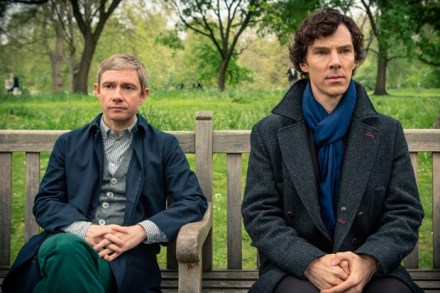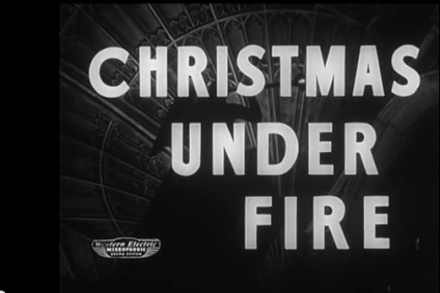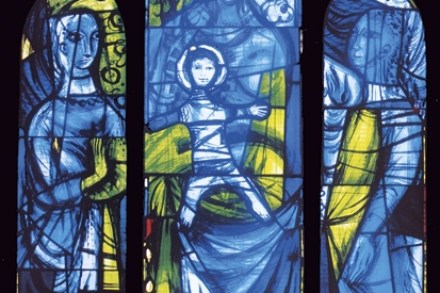Is Sherlock starting to suffer from ADD?
Sherlock’s not dead. A good thing, since on New Year’s Day BBC1 launched its third series of Sherlock, and it’d be inconvenient if the three episodes didn’t have Sherlock. Last season, Benedict Cumberbatch’s Holmes stood on a building rooftop, dramatic coat flapping, a tweedy caped crusader. Then he jumped to his death. Only he didn’t. He’s still alive. The Cumberbatch comeback! Hooray. Of course, the detective had some explaining to do. Not only to sidekick John Watson (Martin Freeman) — who grew a moustache as part of the grieving process — but also to the many Sherlock fans who’d taken to the internet in the past two years to post

















